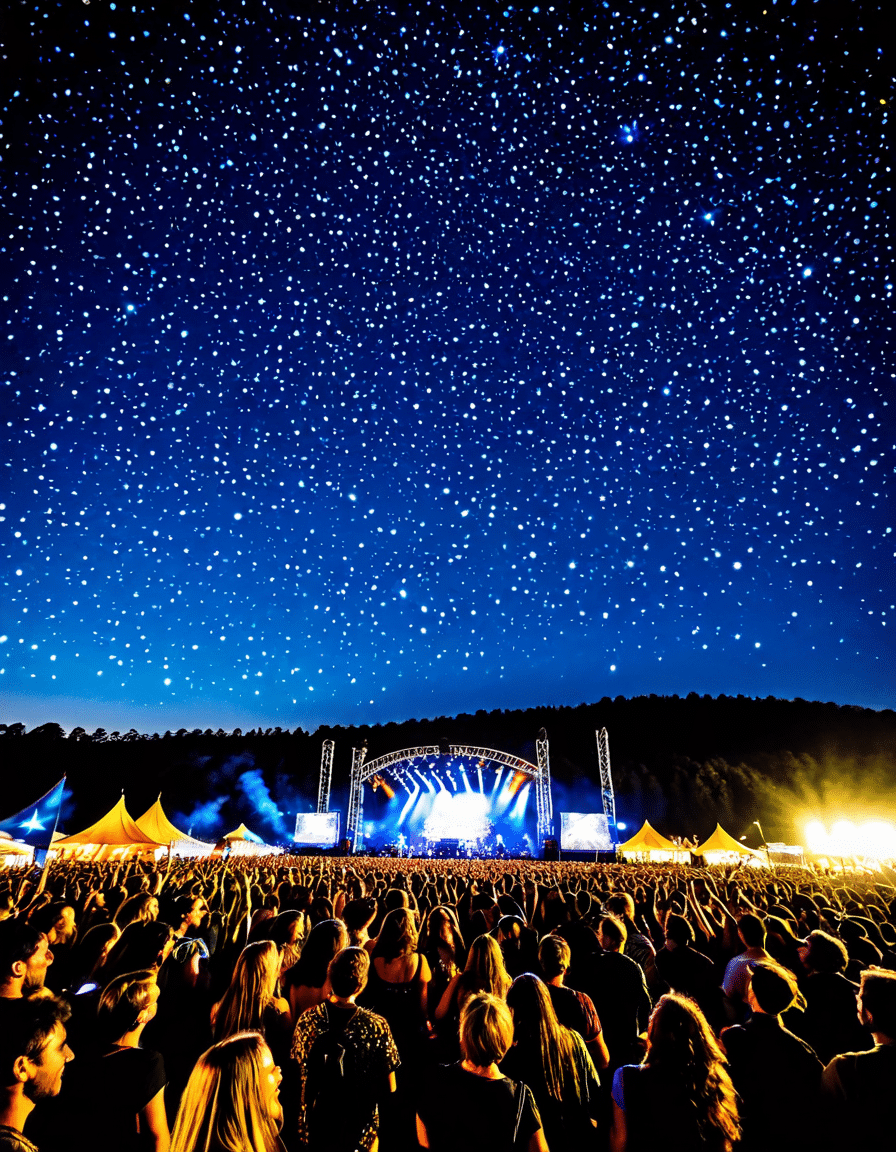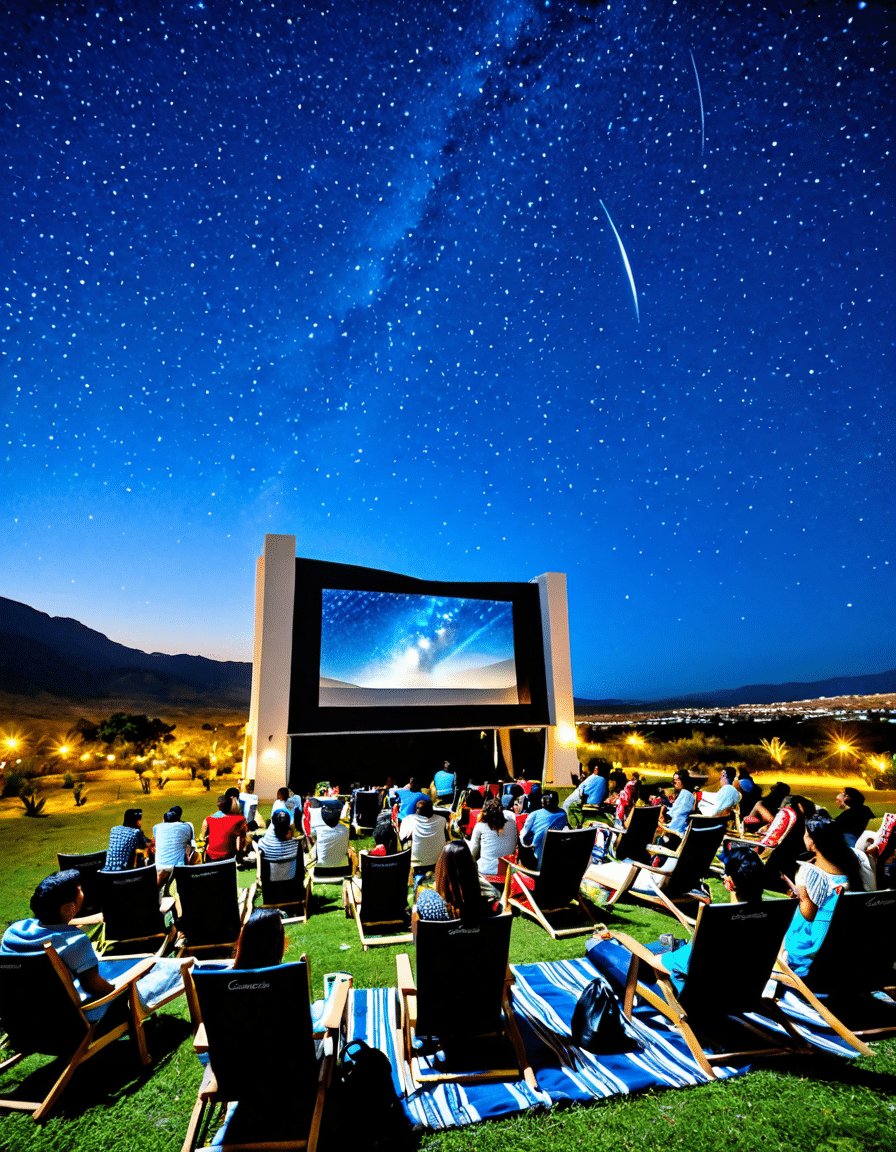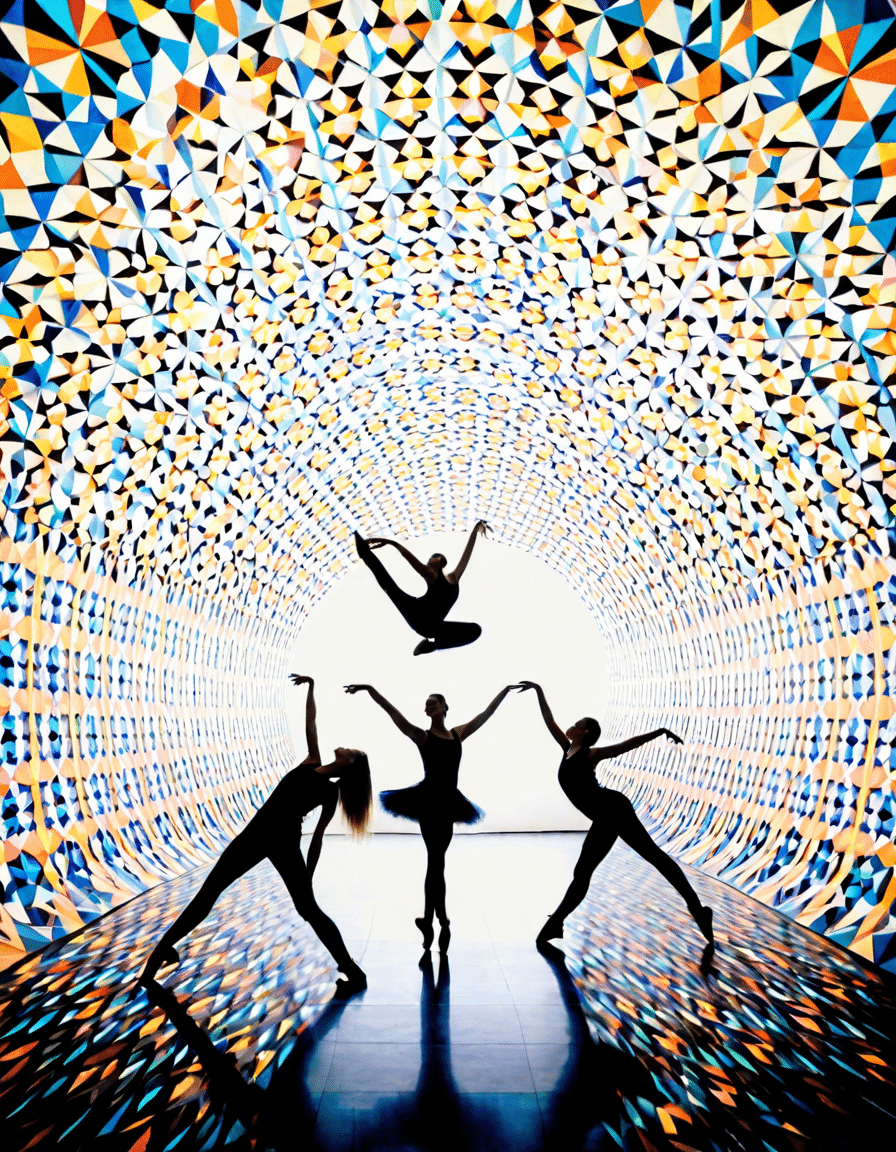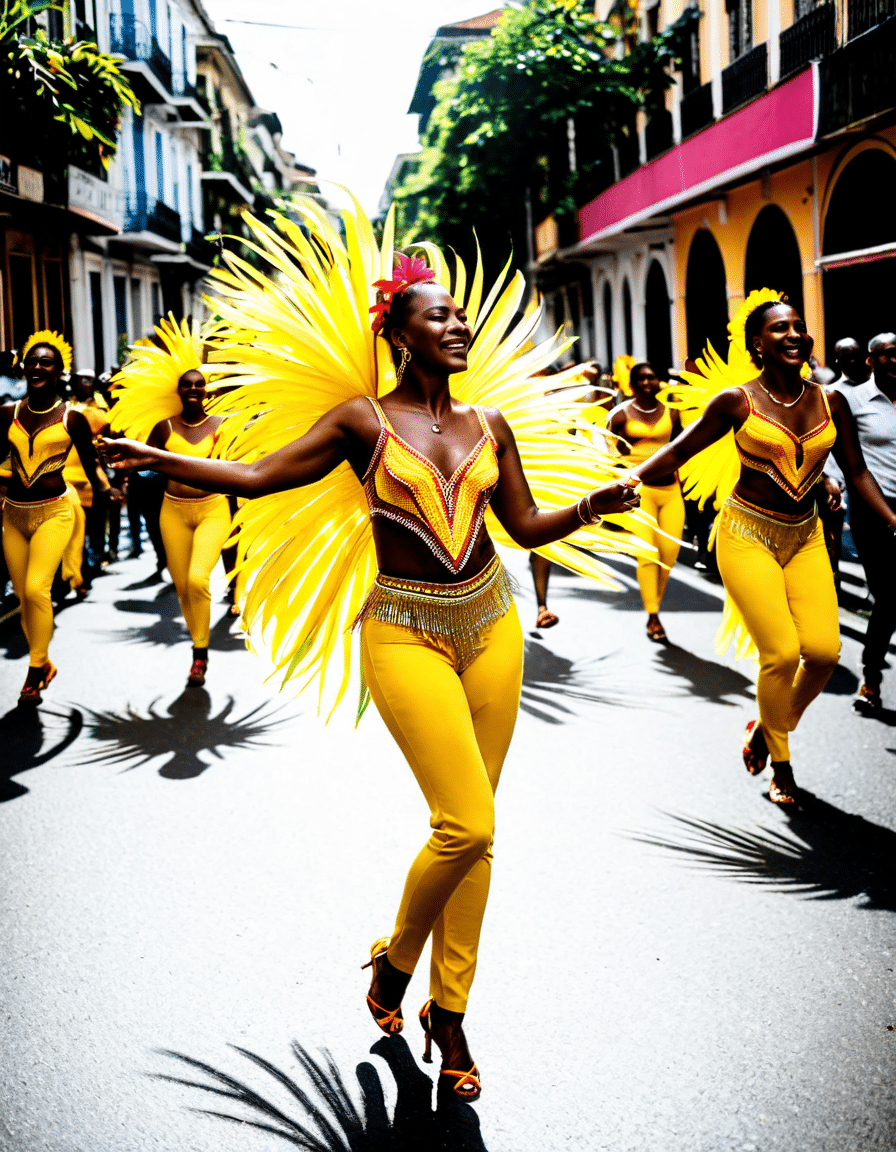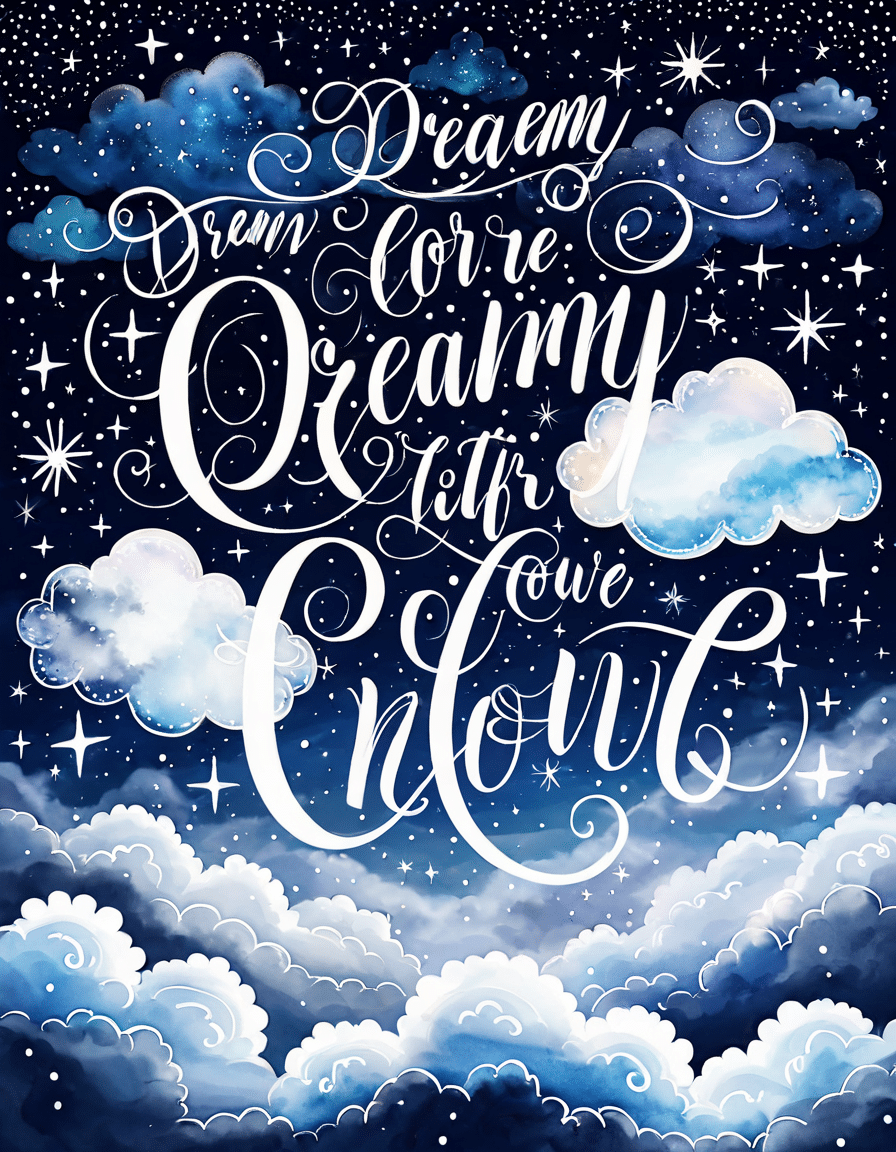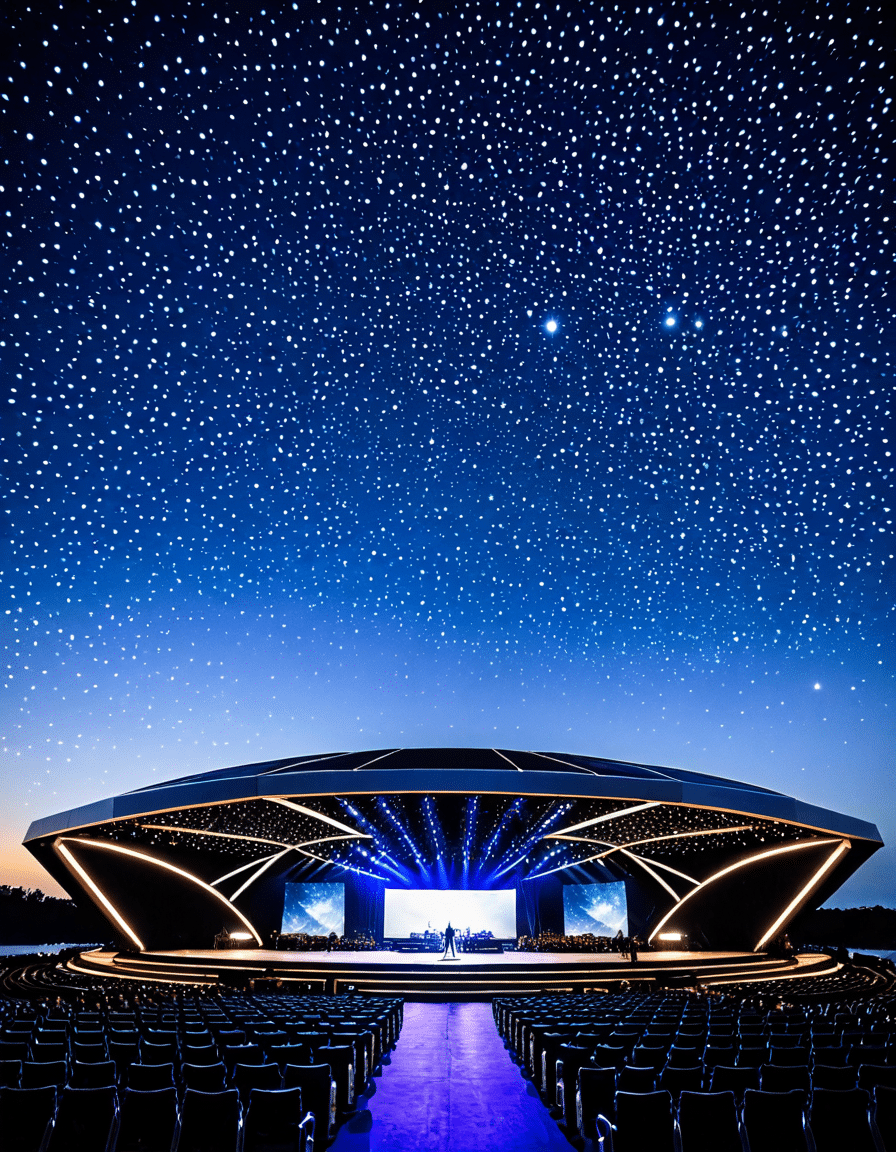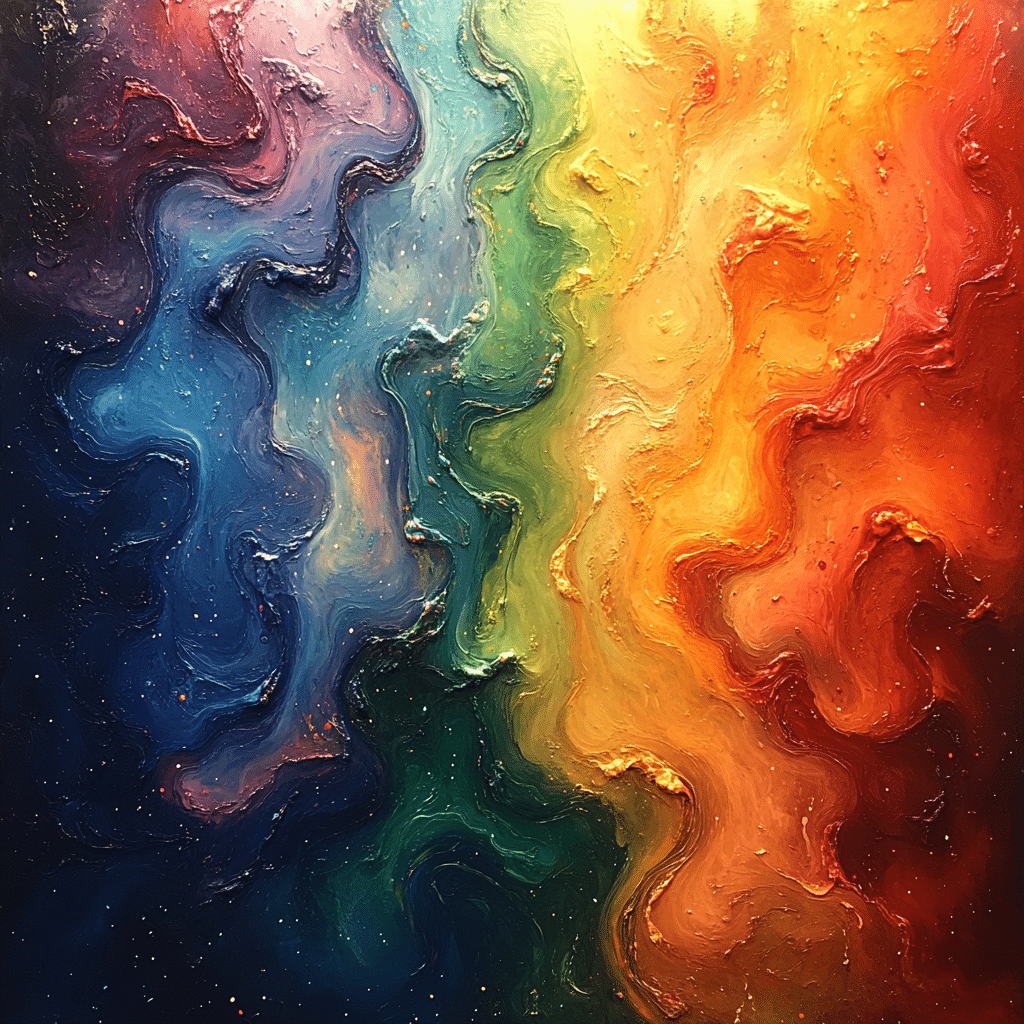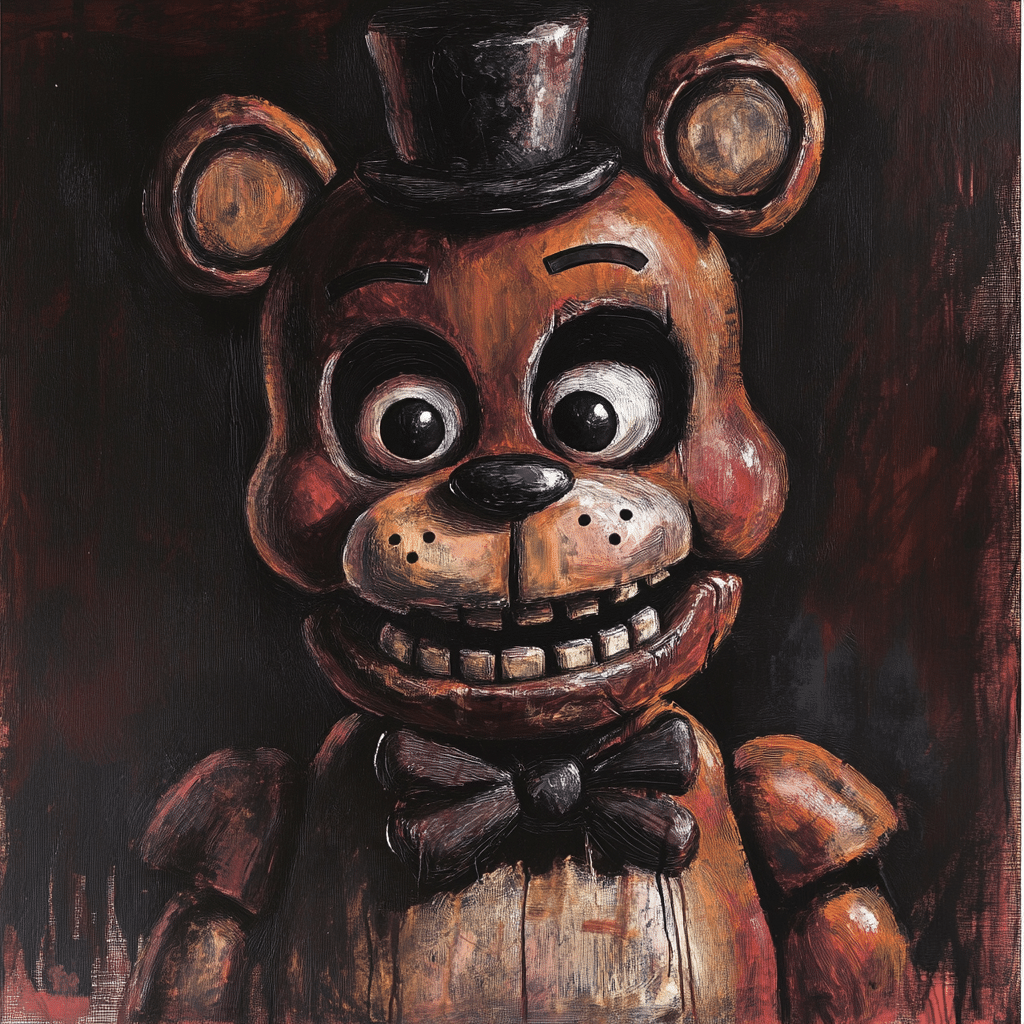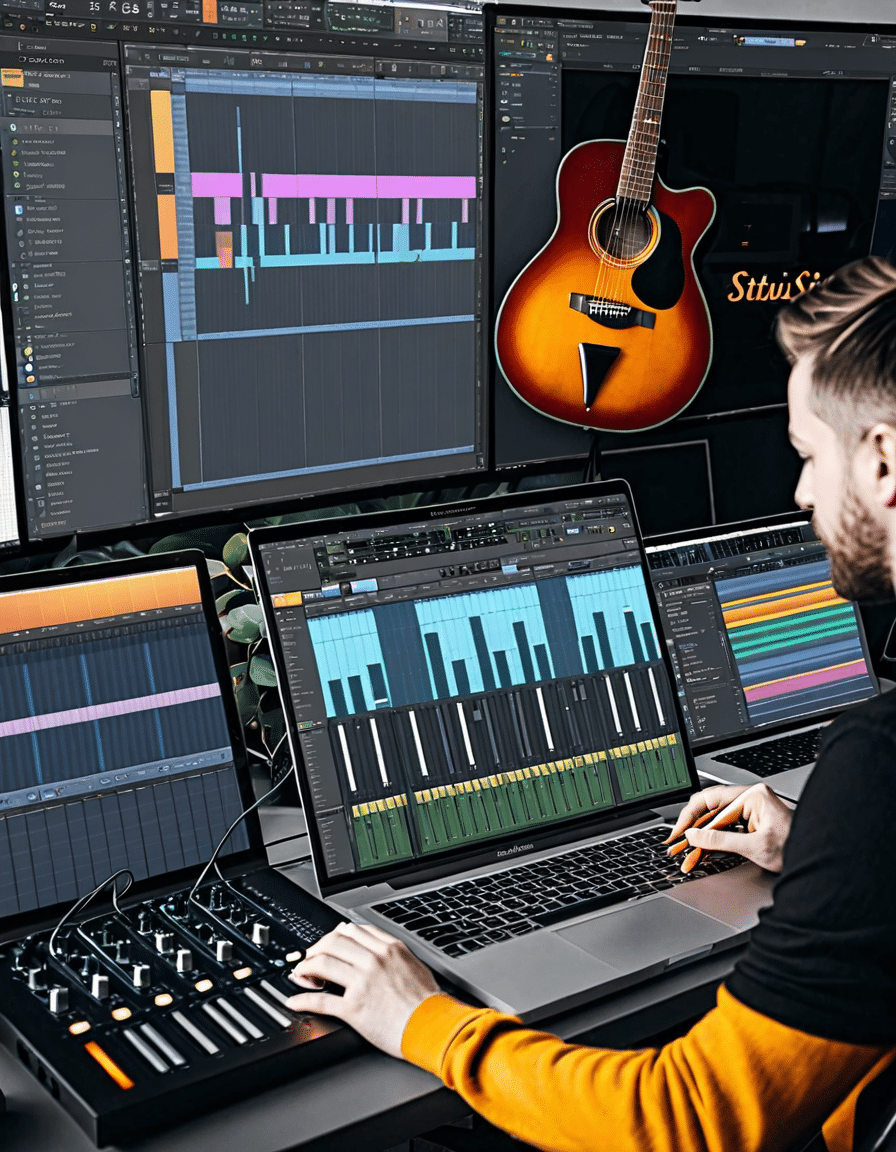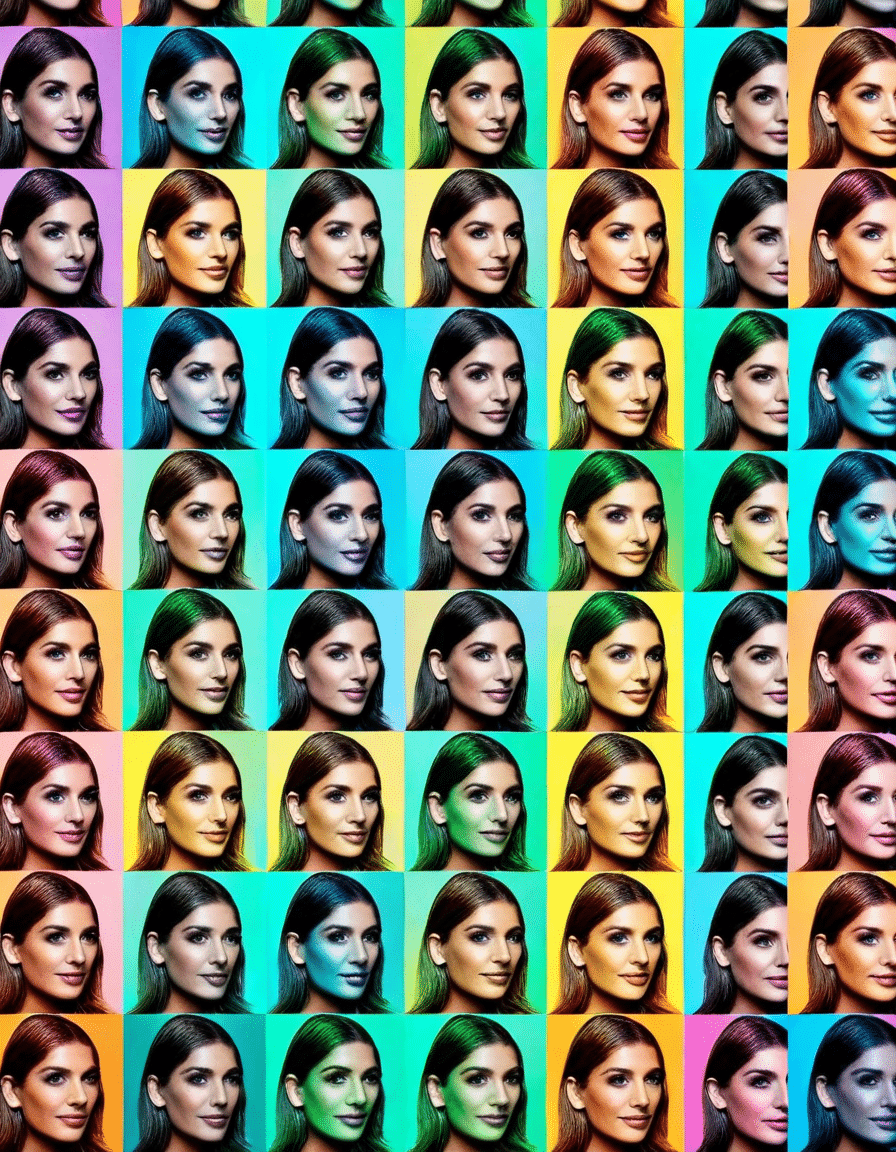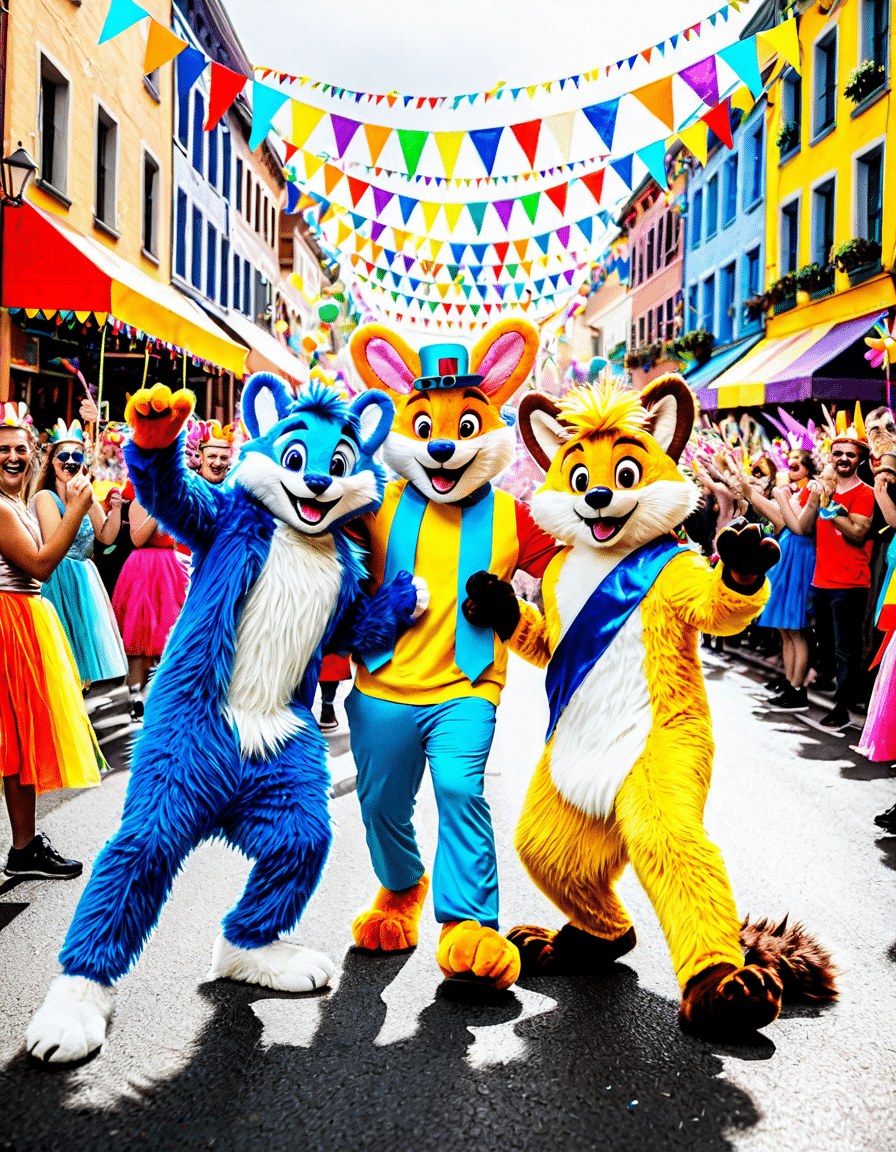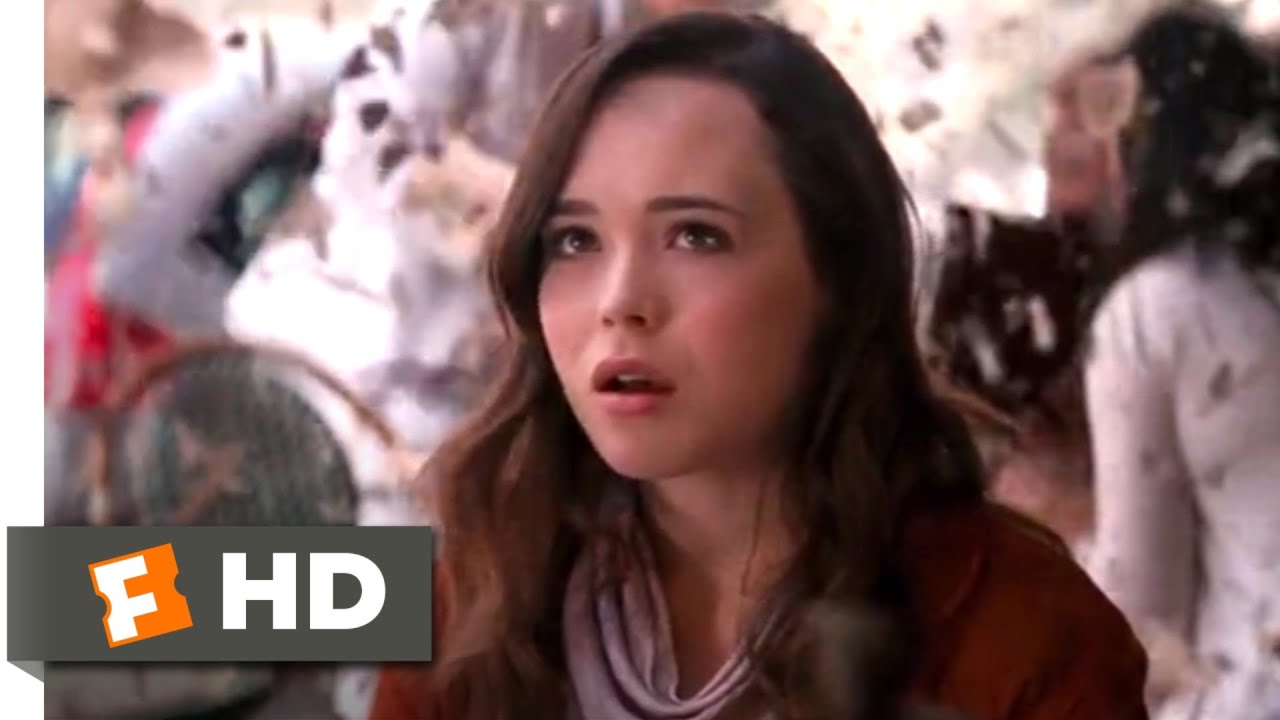
The Cultural Phenomenon of Inception
Christopher Nolan’s Inception has transcended its status as just a film; it’s become a cultural sensation that holds the ability to mesmerize audiences even in 2026. Released in 2010, Inception intricately weaves together themes of dreams, reality, and the subconscious, pulling viewers into a layered narrative filled with unexpected twists. Ten years after its launch, the film inspires dialogues that move beyond cinema, drawing in philosophers, neuroscientists, and even casual dreamers exploring their own subconscious experiences. The line between fantasy and reality blurs, leaving audiences contemplating the nature of their own dreams.
This kind of engagement is what makes Inception a milestone in storytelling. It’s more than just a thrilling watch; it’s a catalyst for discussion over ethics, consciousness, and the control we wield over our perceptions. As the film invites viewers to dive deep into the workings of the mind, it has also served as a gateway for many into a broader understanding of psychological themes that resonate in everyday life. The fascination with the human brain doesn’t stop with the movie; it’s a topic that continues to intrigue and inspire.
Fast forward to 2026, Inception remains a prominent influence across various forms of media, empowering new creators to challenge the boundaries of storytelling. Its intricacies have sparked countless analyses and explorations in modern art, literature, and visuals. Nolan’s film ignited curiosity surrounding dreams and their meanings, prompting audiences to dig into their own subconscious, transforming the way we discuss and engage with entertainment.

Top 7 Ways ‘Inception’ Influences Modern Storytelling
As we embrace narratives that echo the depth Inception has offered, here are seven key elements of its storytelling that resonate with modern media and culture:
Inception employs a multi-layered, non-linear storytelling approach that reshapes viewers’ perceptions of time and reality. This strategy can be seen in series like Westworld, where fans have to weave through a labyrinthine timeline to piece together an overarching plot that keeps them guessing.
The film’s stunning world-building sets a new standard for immersive experiences in cinema. For instance, shows like The OA construct intricate universes reminiscent of Inception’s dream environments, leading viewers to ponder deep questions about their own reality with every episode.
Characters in Inception are psychologically rich, propelling narrative tension through their complexities. This is echoed in films like Black Swan, where characters wrestle with their inner demons, making the audience question the thin line that separates ambition from self-destruction.
The ethical implications of dreaming and manipulation in Inception ignite conversations about free will that resonate with today’s social issues. Modern shows like Black Mirror dive into similar moral quandaries, reflecting societal anxieties about technology and the illusion of choice.
The film’s visual motifs—like the spinning top—transform into symbols of reality perception. Creators of films such as Eternal Sunshine of the Spotless Mind have adopted similar visual techniques to create deeper connections with their audience, urging them to engage on a cognitive and emotional level.
Inception delves into deeper philosophical inquiries about existence and perception. This approaches similar to those seen in blockbusters like The Matrix and Interstellar, promoting re-examination of complex themes that resonate with broad audiences, evolving the cinematic landscape.
The film has sparked an array of theoretical exploration across genres and platforms—including fan-created content in web series and dedicated podcasts. This mirrors how franchises like Star Wars have broadened their universes beyond films via engaging literature and event promotions, creating a robust community.
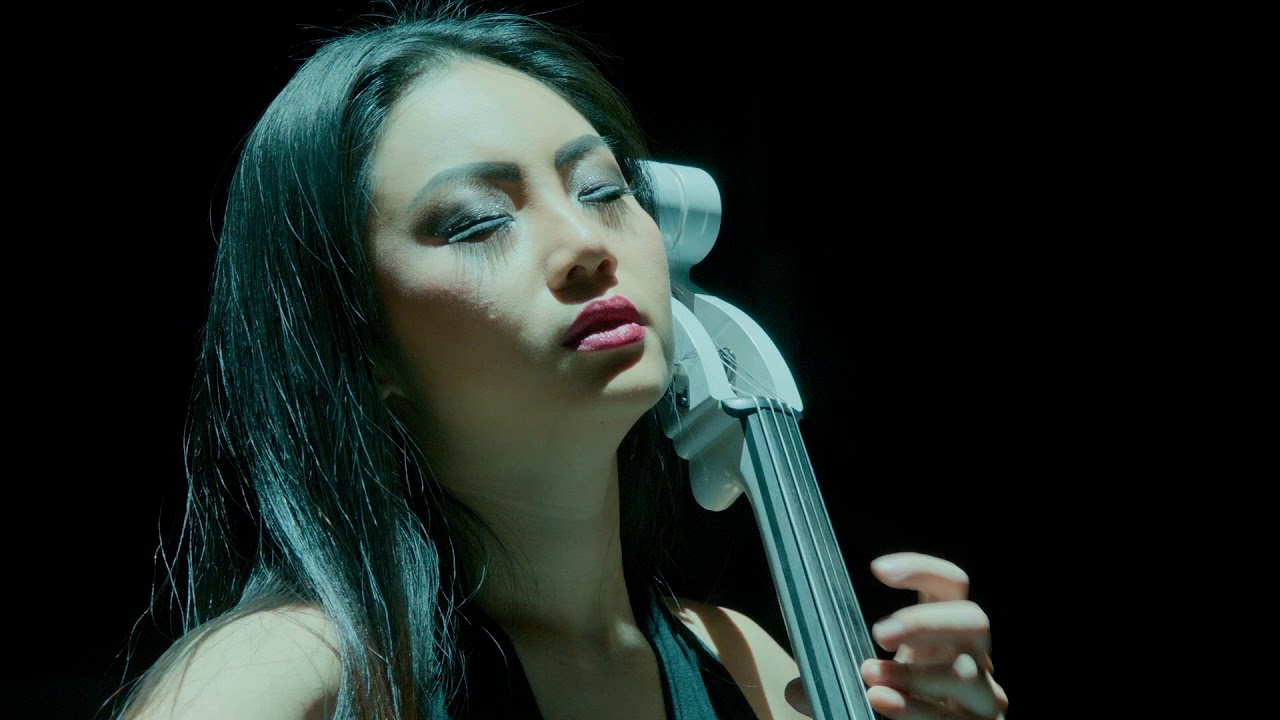
Stripe of Influence: How Inception Changed the Industry
The influence of Inception extends beyond the realm of film and TV; Inception has shaped marketing strategies and brand storytelling. Companies like Nike and Apple have adopted its layered storytelling approach in campaigns that evoke emotional responses. Take, for example, Apple’s “Think Different” campaign; it resonates with Inception’s ethos of challenging norms and pushing boundaries, showcasing the power of a compelling narrative to redefine brands.
Moreover, the rise of social platforms like TikTok has catalyzed users to create short, engaging narratives reflective of Inception’s enigmatic dream sequences. This trend has produced an entire genre of storytelling that embraces the imaginative and surreal, mirroring what captured audiences in Inception. With these platforms encouraging creativity, users find ways to tell stories that connect not just through visuals but thought-provoking concepts.
Today, the film’s impact can be seen in everything from marketing strategies to community-based storytelling endeavors, demonstrating how broad themes resonate across different formats. Inception has inspired creatives to venture into uncharted territories of imagination, emphasizing that powerful narratives can transcend cultural boundaries and media formats.

Echoes of Inception in 2026
Here we are in 2026, with Inception’s echoes still making waves through popular culture. The emergence of psychological thrillers in podcasts and sophisticated narrative techniques in video games like Cyberpunk 2077 invigorate audiences who crave not just escapism but substance. This reflects a cultural thirst for intellectual exploration through art, enabling viewers to step beyond mere passivity into active engagement with storytelling.
Nolan’s masterpiece remains a monumental contribution to cinema, proving that complex narratives spark curiosity and character-driven discussions about life and reality. As we look toward future storytelling, Inception will continue to be a beacon for creators, fostering a fascination with dreams, consciousness, and the blurred line between fiction and life itself. It’s a striking reminder that every story holds the key to deeper understanding.
In a world overflowing with content, Inception offers a blueprint for those wishing to engage viewers on multilayered levels. At its core, this film’s legacy lies in its ability to captivate, challenge, and prompt audiences to ask the questions that matter. After all, who doesn’t want to unlock the mysteries of their own thoughts through the magic of storytelling?
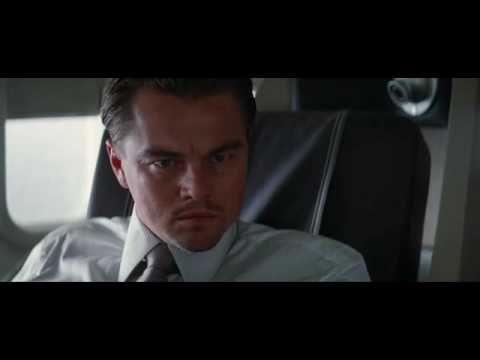
Inception: Captivates Audiences With Mind-Bending Dreams
Dream Layers and Plot Twists
“Inception” isn’t just your average sci-fi film; it’s a deep dive into the brain’s surreal landscapes. Ever wonder how director Christopher Nolan pulled off those incredible dream layers? The film’s concept draws inspiration from various cultural elements, even ancient myths. Take Duendes, for example—they’re fascinating little forest spirits from Spanish folklore, rumored to lure you into enchanted dreams, kind of like how Cobb lures his team into the layered dream world. Speaking of luring, the film cleverly plays with time perceptions, where minutes can equal hours inside a dream. It’s like a game of soccer where the clock doesn’t count down the same way, making every moment feel influential and loaded with tension.
Behind the Scenes Magic
Did you know that “Inception” nearly didn’t happen? Nolan faced numerous challenges getting the film greenlit. But its eventual success reshaped the landscape of modern cinema. The movie’s visual effects are mind-blowing. Each scene is crafted like a work of art, much like the skilled lettering you’d find in graphic novels. The subconscious mind paves the way for extraordinary visuals, twisting ordinary spaces into dreamlike illusions. This transformative aspect of “Inception” has often been compared to how a clever Airbnb listing can turn a simple room into a dream getaway. You wouldn’t believe the stories these listings tell, much like how dreams narrate our fears and desires.
Cast Dynamics
The ensemble cast of “Inception” worked wonders, bringing life to each character’s role. Leonardo DiCaprio as Dom Cobb is the centerpiece, but let’s not forget the incredible performances by others that enriched the depth of the movie. It’s interesting to note that several actors in this space have come from various backgrounds, including those in different genres like the cast of Army of Thieves. Just like in a heist movie, the chemistry among the characters in “Inception” is vital for aligning their unique skill sets. On a lighter note, fans often joke about Cobb’s intricate relationship dynamics—with his idealized wife, who, incidentally, has captured the attention of many viewers, making them curious about who played the role in Wife Bj.
So, as you prepare to dive back into the mind-bending world of “Inception”, remember that it’s more than just a film; it’s a multi-layered exploration of dreams, relationships, and the unabated complexities of our subconscious! Each viewing is bound to unveil more layers, ensuring you come back for more each time.









